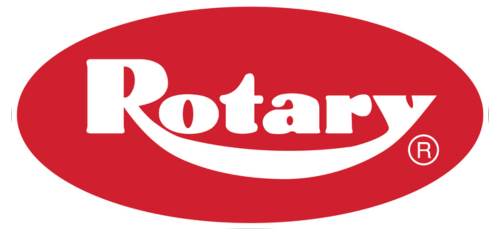 A lot of people write letters when they’re unhappy. Bought something that didn’t work? Write a letter. Bad service at a restaurant? Write a letter. Unhappy with the way a politician handled an issue? Write a letter. So we suspect a lot of OEMs and aftermarket wheel companies are getting letters that read a lot like this:
A lot of people write letters when they’re unhappy. Bought something that didn’t work? Write a letter. Bad service at a restaurant? Write a letter. Unhappy with the way a politician handled an issue? Write a letter. So we suspect a lot of OEMs and aftermarket wheel companies are getting letters that read a lot like this:
Dear Wheel Manufacturers,
What are you guys trying to do to us? Will you please stop with the fanciness and new technology and just go back to making regular wheels?
Sincerely,
Shops that service tires and wheels
Seriously, though, how many times has a car rolled into your shop with a nice, shiny chrome wheel and when you go to perform a service you hear craaaaack, and it turns out that the wheel isn’t chrome at all. It’s clad. In plastic.
More and more car manufacturers are making changes to their wheel designs. It’s a cost-savings benefit for the them, and consumers get what appear like upscale wheels at a fraction of the cost. But clad wheels are only the beginning. The number of black wheels and wheels with raised spokes are rolling into shops at greater and great numbers.
All of these specialty wheels require special care. And when special care isn’t given, you can easily owe a customer a new wheel—and that’s not how you want to spend your profit. So what do you do?
 First, you get the right equipment. With tabletop mounters, you need center clamps. When you use internal clamps, the bite marks will ruin the paint and leave visible damage. And when it comes to mount heads, be sure that yours gives you plenty of clearance, so that any rims with raised spokes will still easily clear your machine.
First, you get the right equipment. With tabletop mounters, you need center clamps. When you use internal clamps, the bite marks will ruin the paint and leave visible damage. And when it comes to mount heads, be sure that yours gives you plenty of clearance, so that any rims with raised spokes will still easily clear your machine.
Leverless tire changers offer the most risk-free wheel service, so take a look at those. (Specifically, take a look at this one). The way leverless changers operate, you’re not in danger of the changer damaging a customer’s wheel. That’s because there’s never any metal-on-rim contact. They use plastic tooling instead of metal, so you might damage the plastic, but the wheel’s finish and structure will always be spared.
When it comes to clad wheels, even center clamps aren’t always completely safe by themselves. You’ll often need to use flange plates, so that any pressure is distributed across the cladded piece and not placed directly in one spot. If you do apply direct pressure, there’s a good chance the plastic cladding will crack, and you’ll be looking for a replacement for your customer.
Of course, the best equipment is only one factor. Your techs are the other. When dealing with high-end wheels (or wheels that are clad to appear high-end), the most important thing is care. No matter how fast you move through vehicles and their wheels, that increased productivity won’t mean much if you’re constantly needing to purchase replacements for your customers. So remind your techs to do the best job possible in as little time as that takes—but to take the time to be careful, too.
To learn more about Rotary’s full line of wheel service equipment, visit www.rotarywheelservice.com.
{{cta(‘ecc76123-cc9f-4eeb-9142-771cc11ae9cf’)}}
